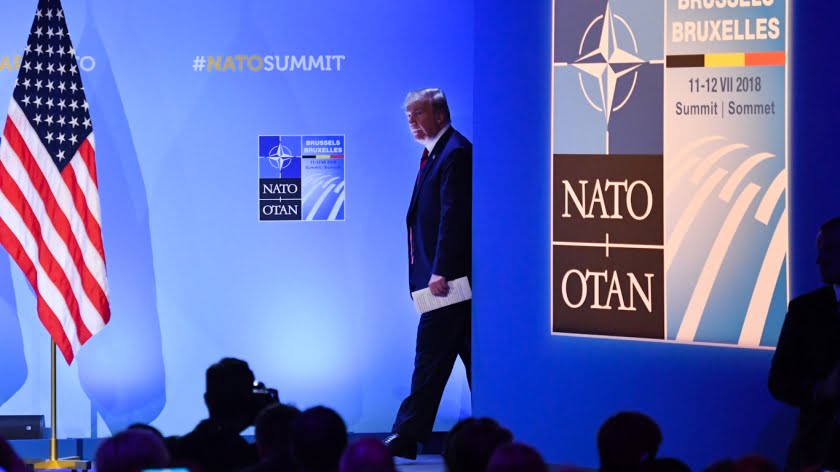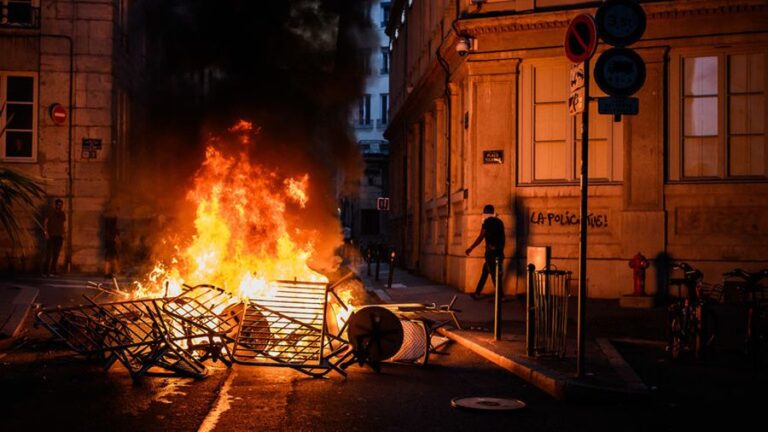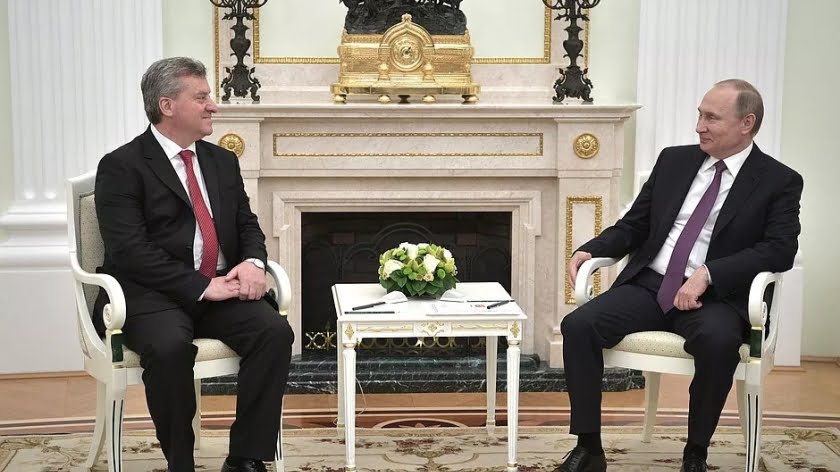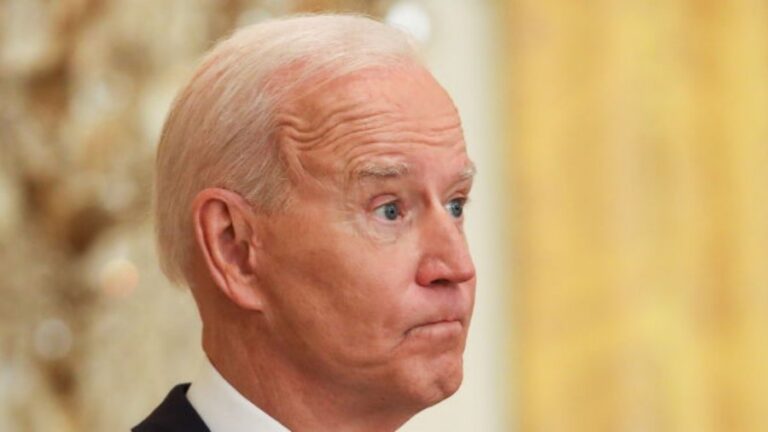Here’s Why China Voted Against the Resolution on Ukrainian Reparations
High-sounding rhetoric is meant to exploit the sentiments of well-intended people for getting them to go along with the latest push by the US to unilaterally revise the UN-enshrined international legal order in pursuit of its interests at others’ expense.
The UN General Assembly (UNGA) passed a resolution last week for creating an “international register” that’ll tabulate the reparations that Russia should pay Ukraine. A corresponding “global mechanism” will also be established for attempting to obtain these funds. 94 countries voted in favor, 74 abstained, and 13 voted against it. China fell into the last-mentioned category, the three primary reasons of which will be explained in this piece.
Most members of the global public who sympathize with this resolution probably did so for well-intended reasons. In their mind, Russia is guilty of illegally invading Ukraine without provocation and should thus be forced to pay reparations, which is their right to believe. The problem, however, is the means through which these reparations will be tabulated and obtained. First, the UNGA has moral and political influence but no legal power to enforce its demands, unlike the UN Security Council (UNSC).
With this in mind, those related efforts to this end that aren’t approved by the UNSC are therefore unilateral and thus illegal in terms of international law. Nevertheless, this latest resolution could predictably be exploited as the pretext by for US-led so-called “coalition of the willing” to speciously “legitimize” their prior seizure of Russia’s foreign assets. Those countries could claim that these funds will be given to Ukraine as part of the reparations tabulated by the “international register”.
This brings the piece around to its second point, namely that the aforementioned scenario represents an example of the US’ so-called “rules-based order” in practice. What’s meant by this concept is the arbitrary implementation of double standards by “coalitions of the willing” in order to advance their interests at others’ expense. The precedent that the preceding sequence of events could establish risks further destabilizing International Relations by making everything much more chaotic.
Third, and building upon the insight that was just shared, US-led “coalitions of the willing” could weaponize these superficially “legal” means for self-interested strategic and other ends against others in the future via what can be described as “lawfare”. To explain, whichever side they’re against in any given international dispute could easily find themselves subjugated to this form of hybrid warfare in the future whereby their foreign assets are immediately seized upon the outbreak of hostilities.
The Damocles’ sword hanging over the heads of that targeted country’s leadership could deter them from defending their national security interests in line with the related right granted to them under the UN Charter in the event that the Western-favored side is unilaterally and illegally threatening them. Through these “lawfare” means, the US’ “coalition of the willing” can arm regional partners as proxies for blackmailing other countries under the threat of seizing their assets if they defend themselves.
Considering these three reasons, it makes perfect sense why China would vote against the latest UN Resolution on Ukrainian reparations since it’s actually nothing but a smokescreen for disguising the US’ latest power play at the international level. High-sounding rhetoric is meant to exploit the sentiments of well-intended people for getting them to go along with the latest push by that country to unilaterally revise the UN-enshrined international legal order in pursuit of its interests at others’ expense.
China believes that all efforts should be undertaken to preserve international stability during these unprecedentedly chaotic times. Accordingly, it’s adamantly against anything that risks further global uncertainty such as the credible scenarios that could follow the US and its allies’ predictable exploitation of the latest UN Resolution. Reparations should always be agreed to either at the bilateral level between any conflict’s participants or at the multilateral one among the UNSC in order to be legitimate.







